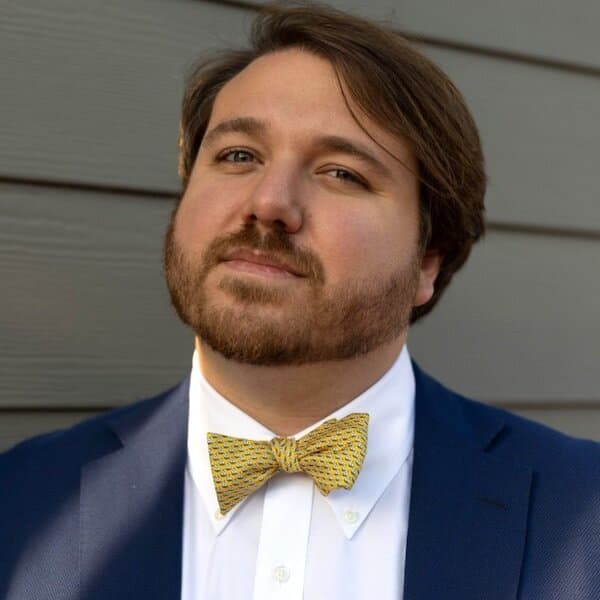- Undergraduate
Bachelor's Degrees
Bachelor of ArtsBachelor of EngineeringDual-Degree ProgramUndergraduate AdmissionsUndergraduate Experience
- Graduate
Graduate Experience
- Research
- Entrepreneurship
- Community
- About
-
Search
All Thayer Events
Special Seminar: Human Pangenomics and the Future of Data Sharing
May
20
Monday
2:30pm - 3:30pm ET
Spanos Auditorium/Online
Optional ZOOM LINK
Meeting ID: 990 8011 6532
Passcode: 199304
The 6 May 2017 cover of The Economist proclaimed that data had supplanted oil as the new "most valuable resource." In a rhyme with the past where the early uses of oil were limited to straightforward activities like burning kerosene in lamps, so too the earlier days of big data as a resource were limited in their application. As oil lamps gave way to cars, planes, and plastics, the seven years that have passed since that cover story have seen the rapid development of new tools to use data from targeted advertisements, large language models, and the tracking of coronavirus evolution in real time. However, we do not interact with or produce data in the same way in every circumstance. Due to the regulations around performing medical research, human genomics offers a marvelous way to consider futures for data production, use, sharing, and protection.
In this seminar, I will discuss the chemistry and informatics that allowed the first reference genome to be created from one individual, and then look to the developments and innovations over the following decades that allow for the creation of more representative and inclusive human pangenomes. I will discuss my work on human genome assembly in collaboration with researchers in the Democratic Republic of the Congo and how this work points to a few possible futures for human genomics. Then we will consider, given the past, present, and future of reference genomics, how the limits of data use in genomics might inform consideration of human-data interaction in different spaces.
Hosted by Professor Britt Goods.
Cosponsored by Thayer's Diversity, Equity, and Inclusion Committee.
About the Speaker(s)
Jonathan LoTempio
Postdoctoral Fellow, U Penn's Perelman School of Medicine

Jonathan LoTempio is an NIH/National Human Genome Research Institute-funded (T32) postdoctoral fellow in bioethics of data sharing at the University of Pennsylvania's Perelman School of Medicine. He previously completed a BS in biochemistry at the University of Rochester focused on DNA repair, a PhD in bioinformatics at George Washington University focused on genome assembly, and a postdoctoral fellowship at the University of California Irvine on translating genomics to bedside applications. In graduate school, he conducted extensive international research, first in collaboration with investigators in Congo-Kinshasa on genome assembly at l'Institut National de Recherche Biomédicale, and then as a Fulbright Schuman scholar to the EU on open science and data sharing in Austria at the Institute for Advanced Studies Vienna, and in Belgium at the the United Nations University Bruges. These collaborations continue in concert with his bioethics work today.
Contact
For more information, contact Amos Johnson at amos.l.johnson@dartmouth.edu.
